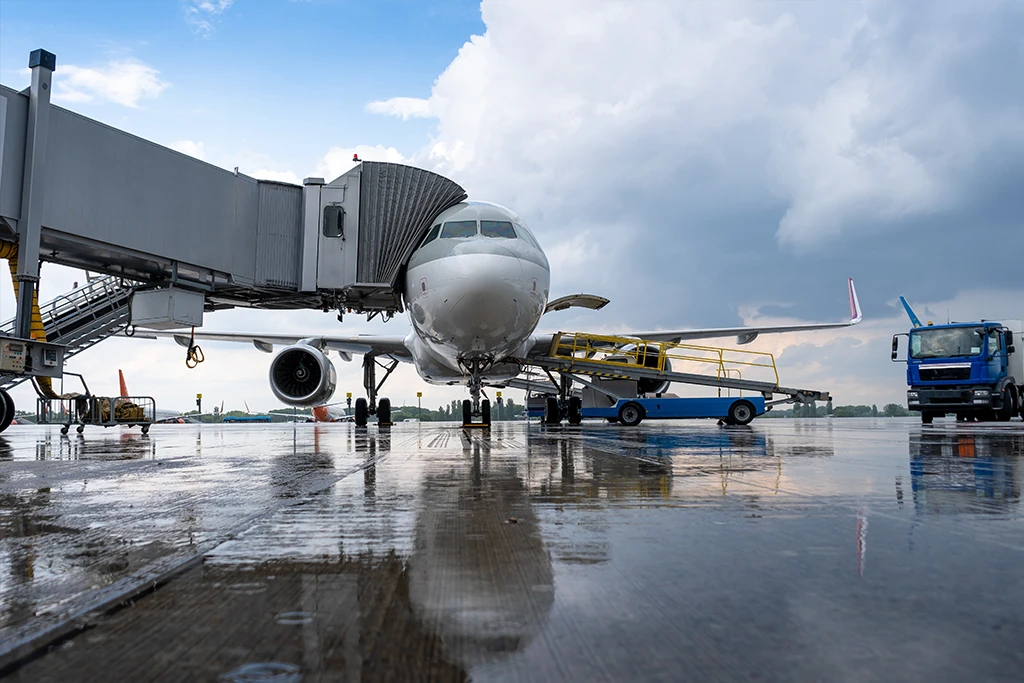
Five major airlines are accused of denying compensation to 200,000 delayed passengers, potentially breaching both EU and UK consumer laws that oversee to consumer rights for flight delays. The CAA warns they must comply or face legal action.
American Airlines, Emirates, Etihad, Singapore Airlines, and Turkish Airlines are now under scrutiny for allegedly denying compensation to as many as 200,000 delayed passengers, potentially breaching both EU and UK consumer protection laws.
The UK’s Civil Aviation Authority (CAA) has issued a stern warning to these carriers, insisting they must provide legally mandated compensation or face the possibility of legal action. According to the CAA, each of these airlines admitted to withholding payments in instances where passengers missed connecting flights due to delays.
This is a situation that clearly falls under the scope of consumer rights for flight delays and, more specifically, compensation regulations. Critics argue that such a stance on compensation not only undermines consumer rights but also erodes travelers’ trust in the industry.
The UK Civil Aviation Authority (CAA) has formally warned the airlines that they must begin complying with existing compensation laws or risk facing legal action. According to the CAA, all five airlines have admitted to withholding payments in situations where delays resulted in missed onward flights. These denials, the CAA asserts, are in breach of well-established consumer protections.
Passenger Rights Under EU and UK Regulation 261
Under EU Regulation 261/2004, which has been retained in the UK post-Brexit as part of domestic aviation law, passengers are entitled to financial compensation when they arrive at their final destination more than three hours late, as long as the cause of delay isn’t classified as an extraordinary circumstance—such as extreme weather or political unrest.
This regulation applies to all flights departing from an EU or UK airport, regardless of where the airline is based or where the destination lies. Importantly, compensation also applies when delays on the initial leg of a journey cause travelers to miss a connecting flight, resulting in late arrival at the final destination.
For long-haul journeys:
- Delays of more than 3 hours but under 4 may entitle passengers to £220.
- Delays exceeding 4 hours qualify for £520 in compensation.
Despite this clarity in the law, the five airlines in question are said to have refused claims even when these specific conditions were met.
Emirates Tops the Complaint List
Among the five airlines, Emirates reportedly received the highest number of complaints, according to data published by the CAA. Known for its wide international reach and premium services, the airline now finds itself at the center of a consumer rights controversy.
The same applies to the other four carriers, each of which has significant passenger volumes on long-haul routes that involve connecting flights. Affected passengers allege that their valid claims for missed connection compensation were rejected outright, prompting the regulator to intervene for safeguarding the consumer rights for flight delays.
CAA Calls for Airlines to Prioritize Passengers
The CAA publicly criticized the behavior of these airlines, accusing them of placing their own commercial interests above legal obligations to passengers.
“Flight disruptions are always frustrating, but delays that cause missed connections can seriously impact passengers’ travel plans,” said a spokesperson from the CAA. “That’s why clear laws under EU and UK Regulation 261 exist—to ensure that affected travelers are supported and compensated when the airline is responsible.”
The CAA expressed disappointment that some airlines continue to deny what is legally owed and warned that formal enforcement procedures, including potential legal action, could follow if compliance isn’t forthcoming.
Scale of consumer rights for flight delays and Compensation Eligibility
The wider picture reveals just how common these situations are. Research by consumer advocacy group Which? found that between April 2015 and March 2016, nearly 449,000 flights were delayed by at least 15 minutes. Of these, around 10,000 flights were delayed by over three hours, thereby making passengers eligible for compensation under Regulation 261.
This data shows that tens of thousands of passengers each year may be eligible for payouts, especially on longer journeys involving one or more connections. It also illustrates the potential financial incentive airlines have for resisting claims, even when legal obligations are clear.
What Passengers Can Do
For passengers who believe they’ve been wrongfully denied compensation, several steps can be taken:
- Review the rules under EU and UK Regulation 261, especially if your journey involved a delay of three or more hours at your final destination.
- If your claim is rejected or ignored by the airline, seek assistance from legal firms that specialize in flight compensation.
It’s important to note that airlines are legally required to process these claims promptly and transparently. Delayed or denied claims without proper justification may expose them to further regulatory pressure or litigation for violating the consumer rights for flight delays.
Airlines Must Rebuild Trust
This situation highlights more than a legal failing—it reflects a broader trust issue between passengers and carriers. Travelers rely on airlines not just for transportation, but for basic consumer fairness. When delays occur, particularly those within the airline’s control, passengers have a right to timely assistance and, when appropriate, financial compensation.
The airlines under scrutiny must now decide whether to continue contesting claims or to align with the legal framework that governs their operations in both the EU and the UK. For many passengers, this issue is not only about money—it’s about being treated fairly and respectfully when travel plans are disrupted through no fault of their own.
As the CAA prepares to escalate its response, the aviation industry will be watching closely. Will these airlines correct course and fulfill their obligations, or will this become a prolonged legal and reputational battle? Either way, the outcome will likely influence how air passengers are treated across borders for years to come.